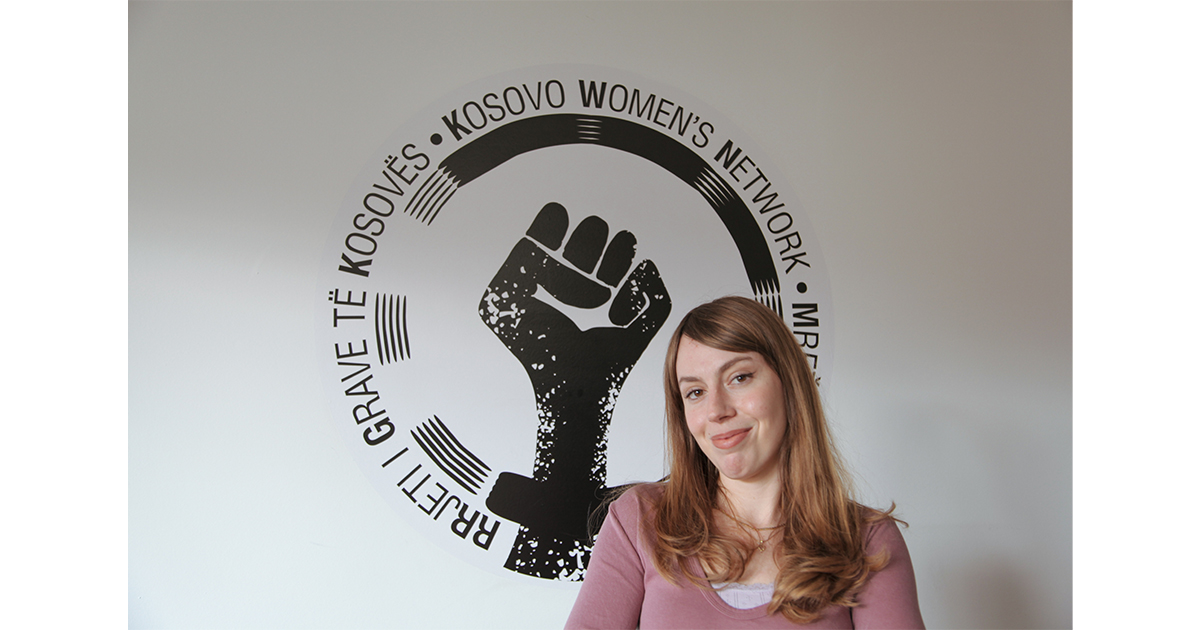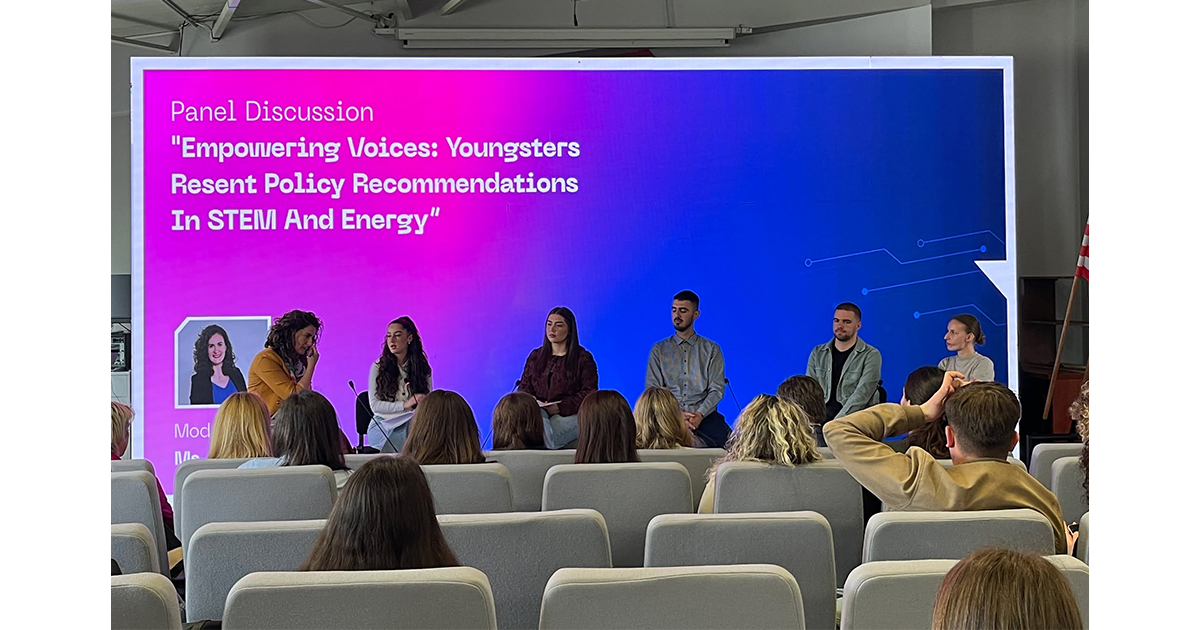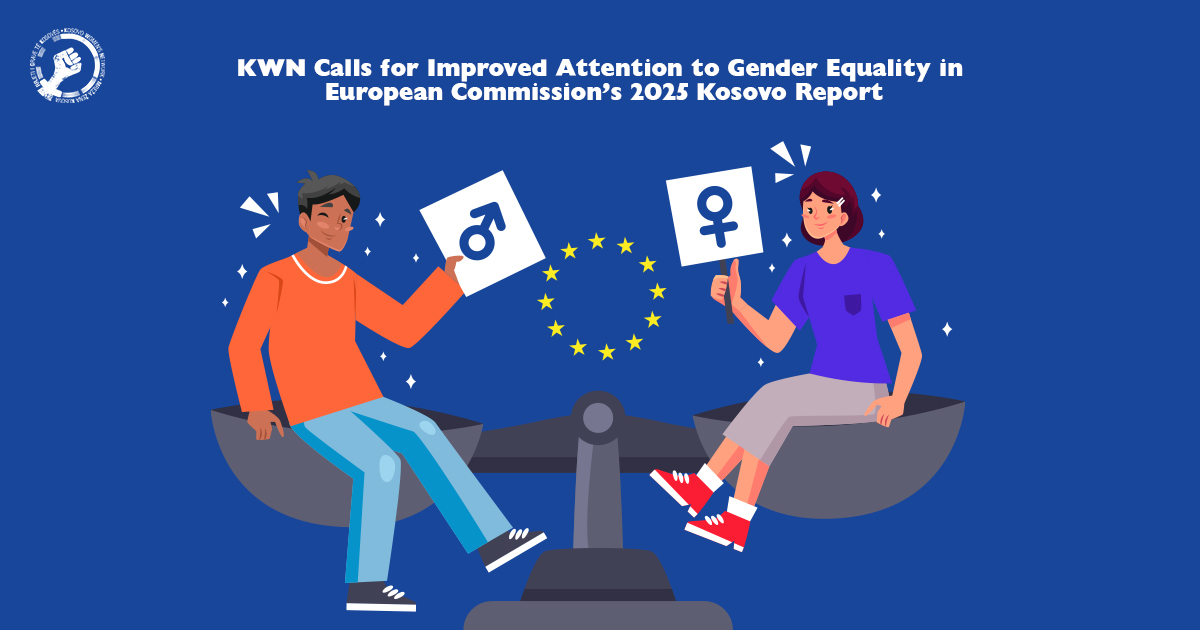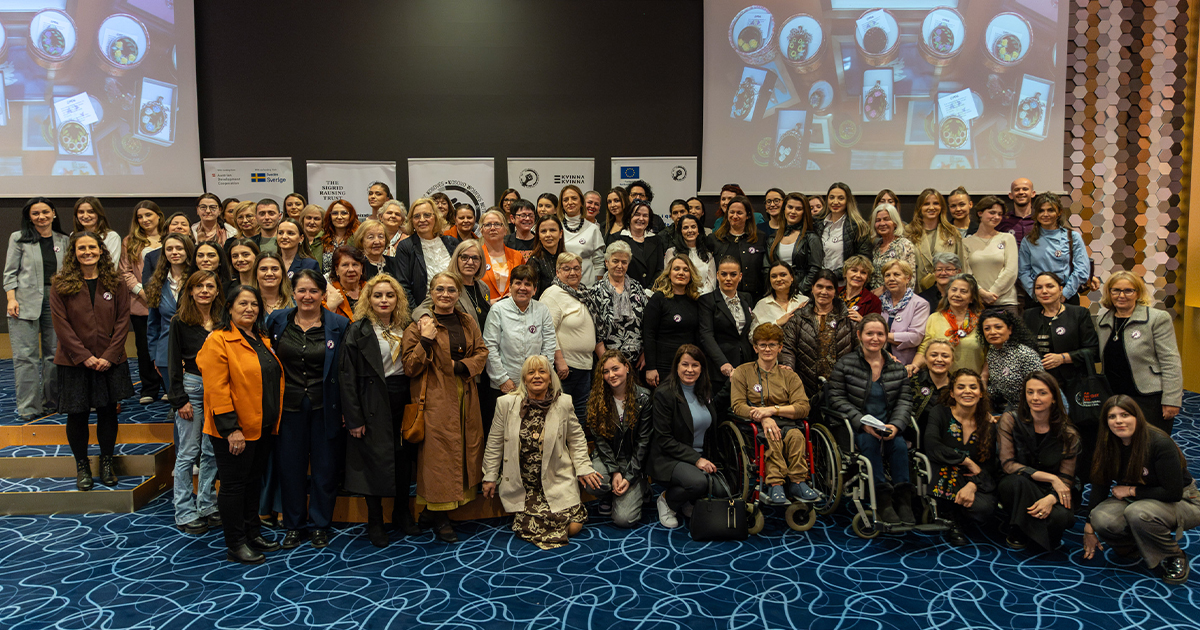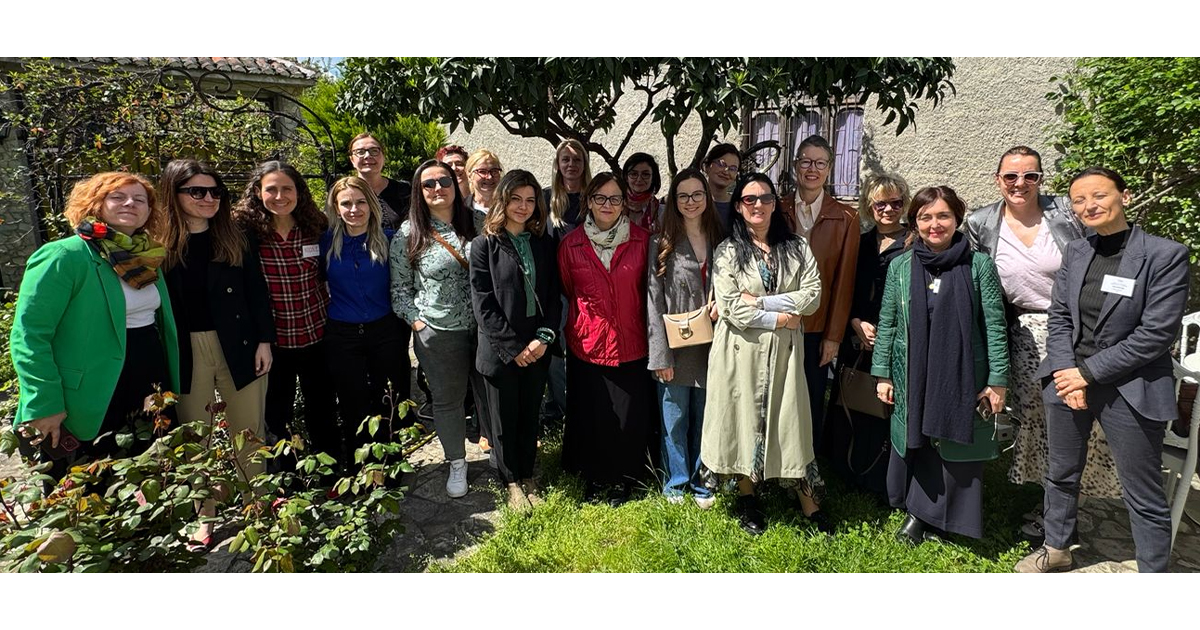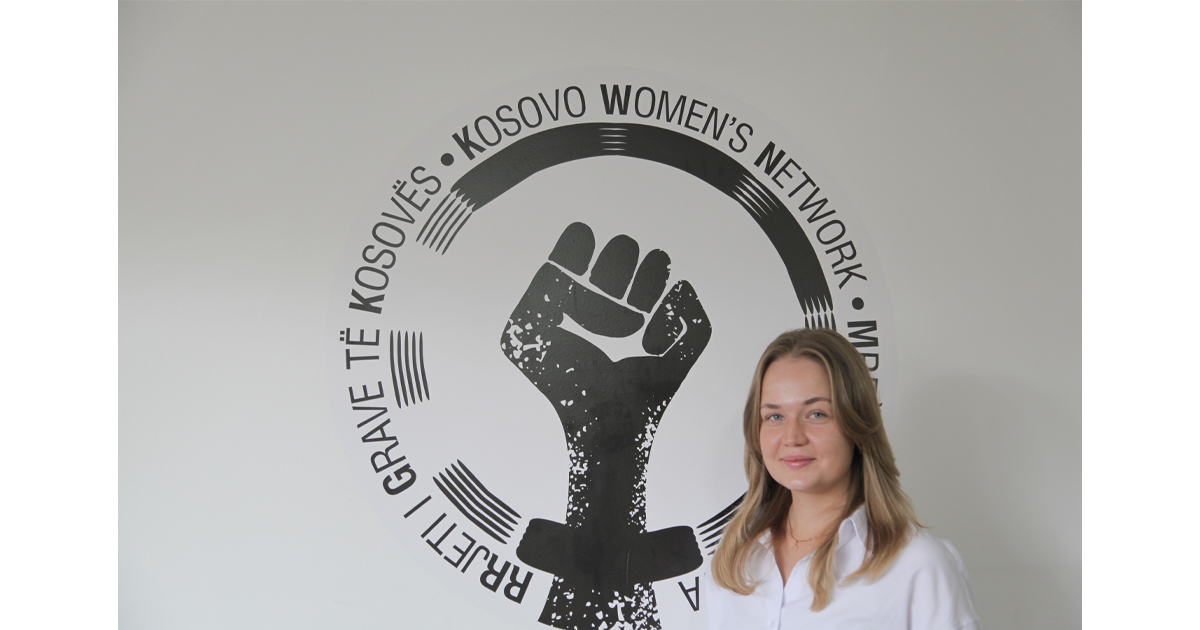On 15 September, Committee of Blind Women of Kosova (CBWK) organized in Prishtina a round table meeting in a series of activities carried out in the framework of “More rights for blind women” projects. The round table meeting, attended by assembly members also, was held to address the demands and concerns of CBWK, including the application of law, equal treatment, etc., paying particular attention to the discussion on how to improve the application of law on education for blind women. In addition, using the moto “You deserve equal treatment”, CBWK expressed the need for support from assembly members by becoming blind women’s voice in certain structures of the government.
At the same time, during the meeting, lawyer and trainer Halil Kurmehaj said that, “Legally speaking, the law on blind persons provides for equal treatment, but these laws are not applied in consistence with the immediate needs of these people. Without setting aside their need for an advocacy plan, which infuriates them in the education perspective, such as the provision of school equipment or tables for blind students, provision of materials written in Braille, and employment at local level and inclusion of these persons in society”.
Other demands were about having a more advanced mechanism for urban transportation, namely installing acoustic signalers for certain starting places and stoppage ones, as a facilitation for their better spatial orientation, including the exemption of blind persons from payment. Discussing on numerous problems faced by blind persons, Bajramshage Jetullahu, Director of CBWK said: “We hope that more work will be done with this social category in order to integrate them in society as well as possible, with a particular focus on services of public transportation, education and employment”.
This project is supported by the Kosovo Women’s Fund (KWF) of the Kosovo Women’s Network and funded by the EU Office in Kosovo.

